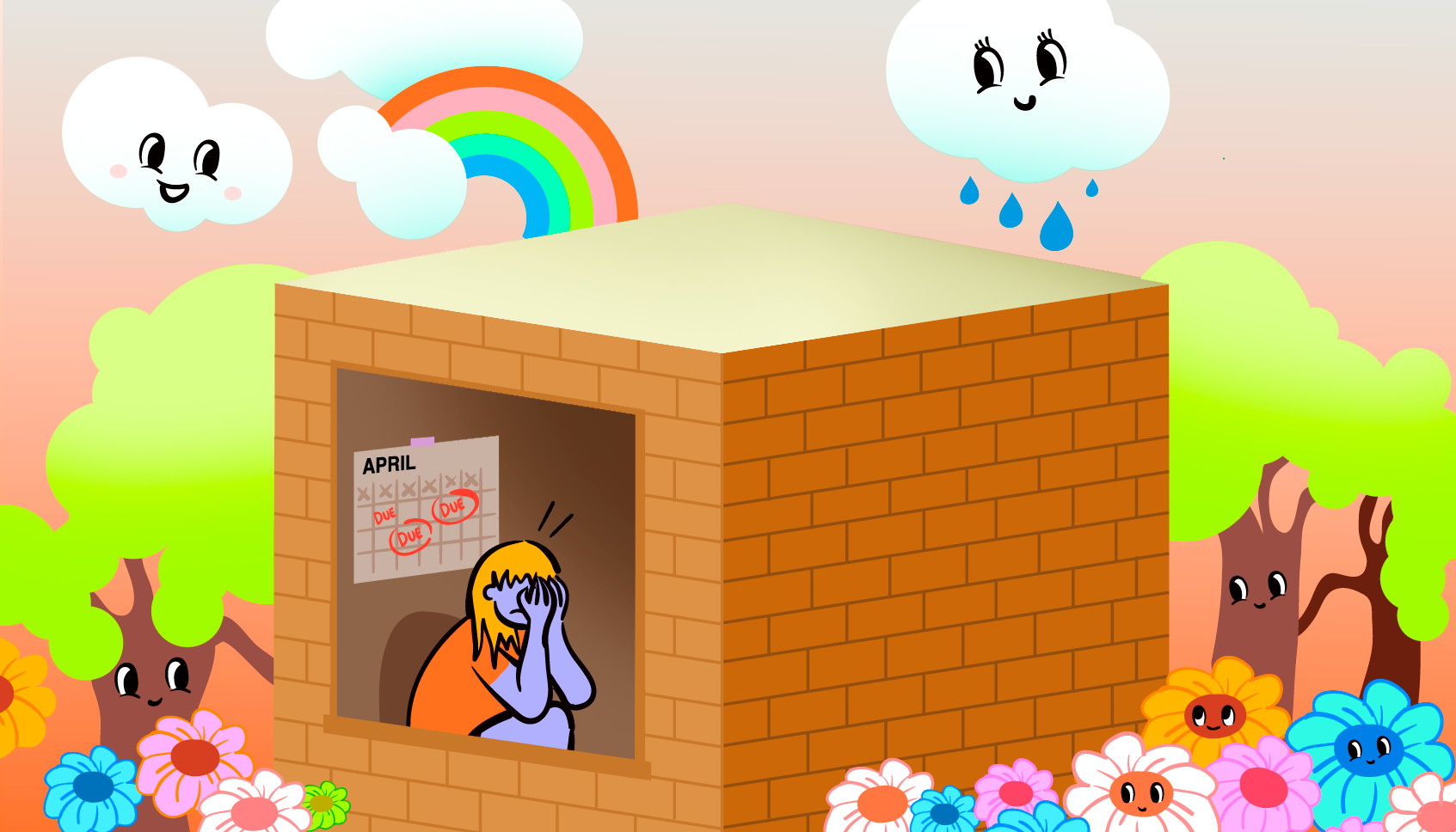These past few weeks, we have been witnessing the world change as the infamous COVID-19 virus takes over the globe.
Our daily routines have been disrupted, our social calendars cleared, and the walls at our homes have become way too familiar.
Personally, I’ve been anxious and unproductive. The uncertainty of the whole situation is a daily struggle, since we as individuals have little to no control over what the next few months will be like, when will this end and how it will be afterwards. Anxiety is always ill-timed, but now even more so, as it has been getting in the way of my productivity.
Every morning, I wake up to dozens of notifications from different media apps covering the latest on COVID-19—its spread, the death count, the civil restrictions, which politician said what; the list goes on. This need to know and be informed is distracting and triggering, making me way slower at checking things off my to-do list. I mean, even this article was hard to write.
Now that staying at home is not a sign of laziness but a worldwide requirement to fight the fast-spreading of the virus, we are still expected to produce at the same levels we normally do from our homes, the place where all of our distractions are contained in one space. The pressure is real. The whole world cannot halt because our normal lives have changed. If that was the case, our whole system would collapse in response—not that it already isn’t anyway. Social relationships have also become difficult to keep up with since the list of excuses to not be available has shortened entirely.
In today’s capitalist world, we are measured by how much we produce and how efficient we are in doing so. We are socially pressured to be our most productive selves. I mean, look at all this time we have on our hands. When in reality, we are not. Now advertisements and apps are being tailored to this time of crisis promoting how to get fit at home, how to write a novel, how to organize our time wisely, and so on. This pressure is being created by all these external forces but also by our own minds, when the truth is that we are way more than our productivity or our anxiety. We don’t need to turn our lives around just because we have time. And we don’t need to be available to FaceTime and text all day just because we can. If we didn’t before, why would we now?
Not because Shakespeare wrote King Lear while self-isolating from the plague or because Isaac Newton came up with calculus during a pandemic, we should be doing the same. Extraordinary times don’t necessarily turn us into extraordinary people. We should be focusing on living as simple as that sounds, without feeling a strong sense of judgement weighing us down. There will be days where we’re going to feel like we have all of our shit together, and they will also be many others where we feel ourselves drifting further and further from that.
Realistically speaking, there will be people who will come out of this pandemic only with the newly acquired skills of washing their hands. While there will also be someone who will create something as big as Newton and Shakespeare did. Or not.
In times of distress like this, I believe it’s better to be honest and realistic with oneself, if you work well under pressure, that’s amazing. If you do not, why beat yourself up for it? We should all be doing what is right and works for us to fight the self-judgement that comes with underproductivity. Also, having these kinds of worries in the first place only highlights the amount of privilege with which we experience this global crisis.
Graphic by @sumdaeghost
